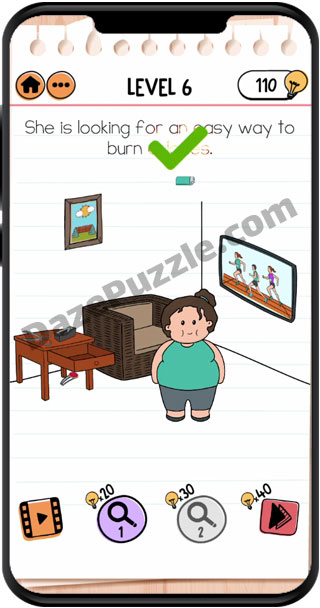


With that in mind, here are nine low- or no-calorie options to consider: RELATED: How to Stabilize Your Blood Sugar In fact, the American Diabetes Association recommends that in the case of beverages, it’s best not to rely on zero- or low-calorie options as a replacement for ones that contain sugar beyond the short term but instead, to consume as little of any type of sweetener as you can, and simply drink more water. According to a study published in the journal Physiology & Behavior, artificial sweeteners can alter your brain’s response to sweetness and affect your ability to feel satisfied when you eat sweet-tasting food or drink, putting you at risk for consuming too much of it. They can be several hundred to several thousand times sweeter than sucrose (table sugar), according to the aforementioned article in Diabetes Spectrum.īut even if you choose a calorie-free sweetener, enjoy the sweet stuff in moderation. Nonnutritive These provide little to no calories and, per a review published in May 2018 in the European Journal of Clinical Nutrition, will not raise your blood sugar.Nutritive These provide calories and can affect your blood sugar.When you’re deciding which sugar substitutes to use, consider that they come in two varieties, noted an article published in the journal Diabetes Spectrum: There are many sugar substitutes to choose from, but they’re not all calorie-free, and they vary in terms of their impact on blood sugar. Sugar substitutes offer sweetness while making it easier to control carbohydrate intake and blood glucose (sugar).

Taming a sweet tooth can be a challenge for anyone, but for people with type 2 diabetes, it’s necessary to keep how much you consume in carbohydrates, including sugar, under control.


 0 kommentar(er)
0 kommentar(er)
